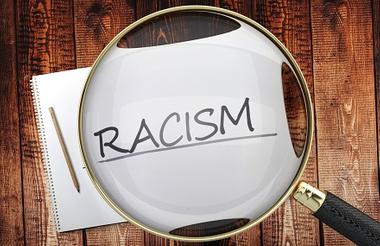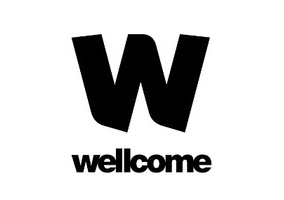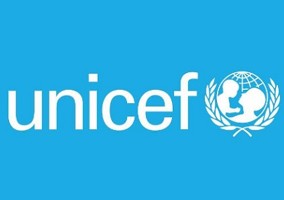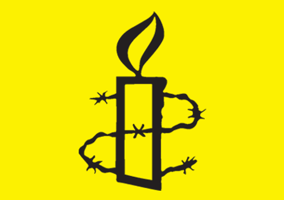An independent audit has found that some people of colour at UNICEF UK regularly experience covert racism.
The report, written by agency Full Colour, found that the charity had “no targeted and specific process on how to report and address racism”.
It said organisational issues at the charity including “a perceived aversion to risk” were “impeding progress towards genuine inclusion and anti-racism”.
Jon Sparkes, chief executive of UNICEF UK described the report findings as “intolerable” and apologised. Sparkes, who joined the charity in January of this year, outlined some of the work the charity is doing to address racism in a recently published blog.
24 types of microaggressions identified
Full Colour’s report was commissioned by the charity in Autumn 2021 after it was publicly accused of institutional racism.
The report reads: “This triggered the audit; however, the public accusation came on the heels of a number of internal issues and incidents related to racism that the organisation had dealt with in recent years.”
The audit consisted of an extensive desk review, interviews, online qualitative research and focus groups. Data gathering took place between December 2021 and June 2022. All the charity’s staff were invited to take part in online research.
The report states no examples were shared of overt racism, but “covert and everyday racism is a regular experience at UNICEF UK for some colleagues of colour”.
“However, the picture is not consistent, with some colleagues of colour reporting that they have not experienced racism at UNICEF UK.”
It states 24 separate types of microaggressions were identified by research participants. The report states microaggressions are attitudes, behaviours and use of language that intentionally or unintentionally diminish people from minoritised groups.
These included repeatedly pronouncing names incorrectly despite the correct pronunciation having been explained, people of colour being labelled as aggressive, and comments about how people from ethnically minoritised groups speak or pronounce certain words.
Full Colour also states wider issues of organisational culture and structures at UNICEF UK are impeding progress towards genuine inclusion and anti-racism. Given the nature of UNICEF UK’s work, Full Colour recommends that decolonisation should be front and centre of its anti-racism work.
It adds that while there has been considerable effort to improve inclusion at UNICEF UK, inclusion is not the same as anti-racism.
Collecting diversity data
The report says that as Full Colour was working with the charity, actions and EDI initiatives were being put in place, and new leadership was appointed which changed the tone of discussion on racism.
UNICEF UK is collecting a range of data, through its annual EDI survey, on pay gaps and from the staff engagement survey.
“The results are being shared with staff, which shows a commitment to transparency and accountability. This data is shared with trustees to enable the board to keep the executive leadership team to account.”
Data from 2021 showed a 23.7% mean average difference in pay between white and minoritised ethnic colleagues.
CEO: ‘I am truly sorry this has happened’
Jon Sparkes, the charity’s chief executive, said: “This is intolerable for me and for UNICEF UK, and I am truly sorry this has happened and is happening, and I want to sincerely apologise for the hurt this has caused colleagues.
“This is not an easy truth or reality to be faced with, but I know that we need to understand the problem fully, in order to move forward. I am determined that we learn, build, and grow from here.
“We fully accept the report’s findings and recommendations and acknowledge that, even though we have made much progress, we have some way to go to becoming a truly anti-racist organisation.”
The report acknowledged that progress has been made since the review was commissioned in 2021, for example in recruitment.
In 2022, more than 40% of new recruits were from minoritised ethnic communities, including the only permanent appointment made to the new executive team.
It also started mandatory anti-racist training and a new inclusive leadership training scheme.
The charity has committed to developing a well-funded action plan with KPIs to support its commitment to becoming an anti-racist charity. The plan will be shared with colleagues in January 2023.
Sparkes said: “While this is the right direction to take, it is just the beginning of a journey and we will not rest until we deserve to be acknowledged as an anti-racist organisation and every one of my colleagues feels included, safe to be themselves and able to focus on our vital work for children.”
Related Articles











